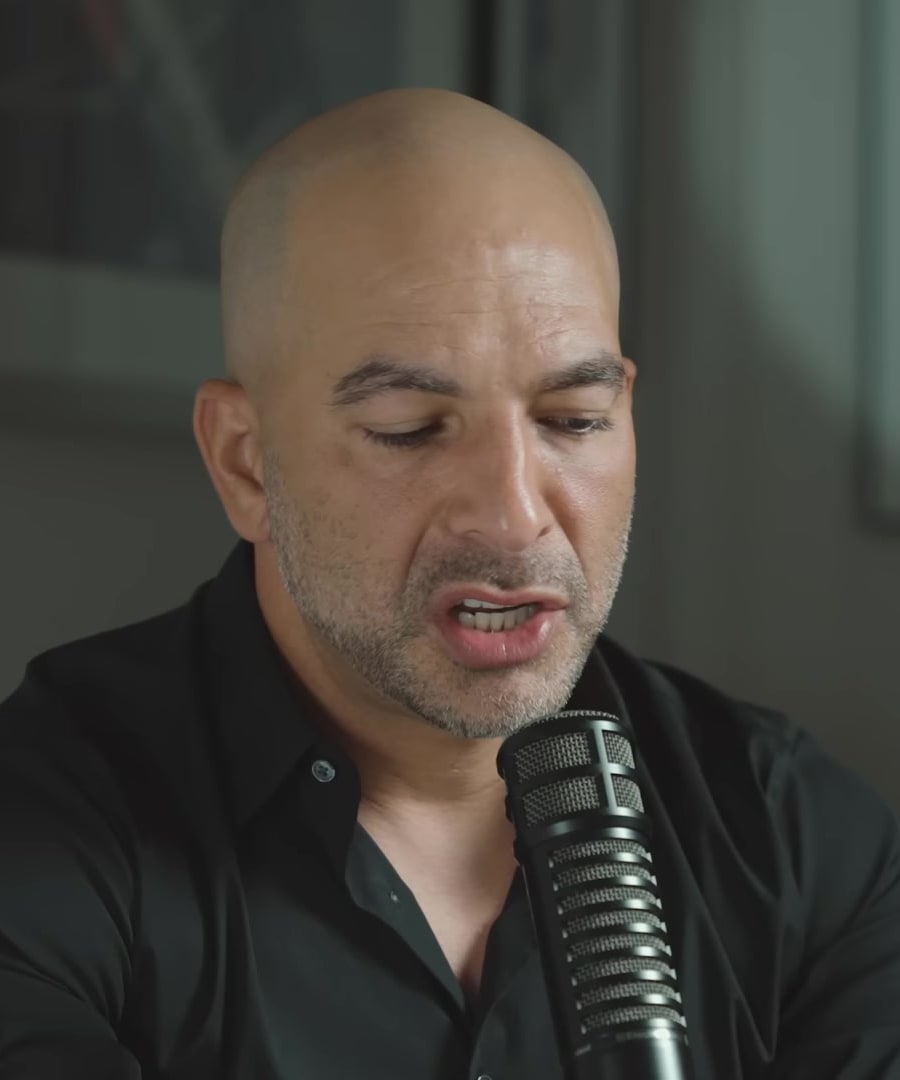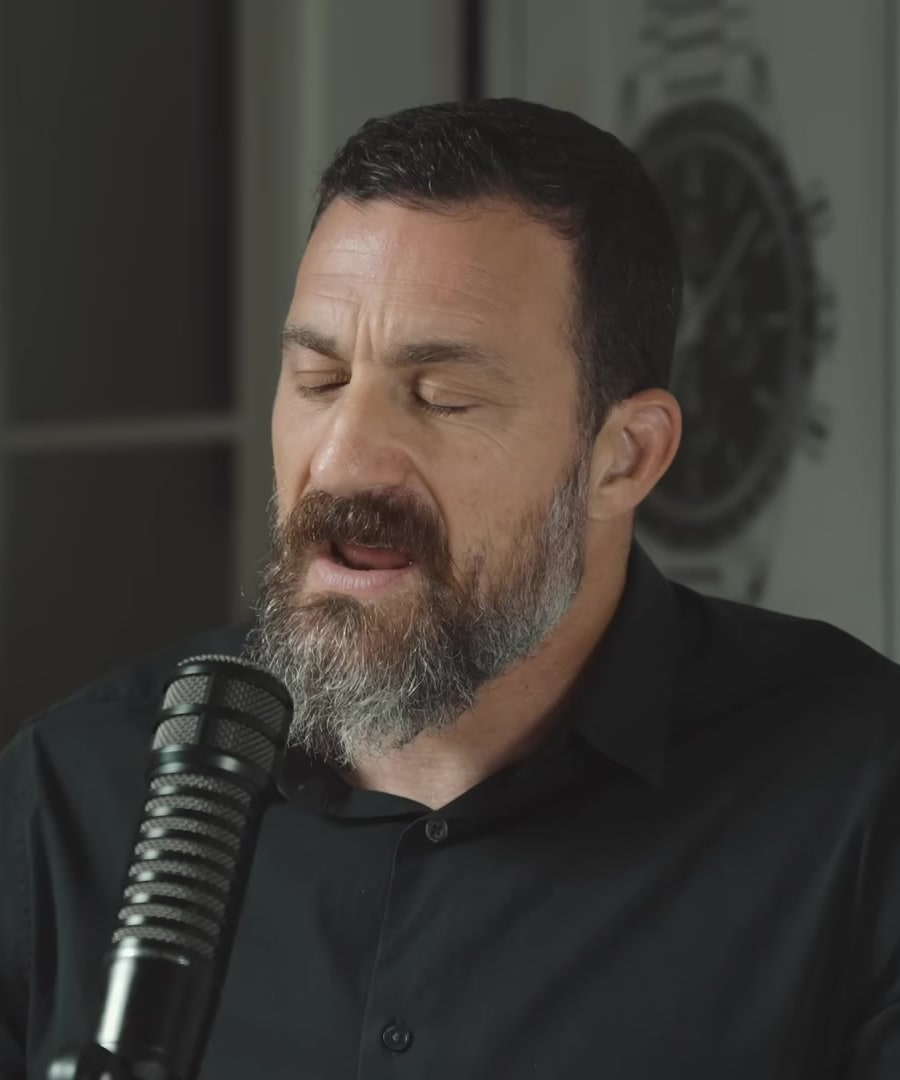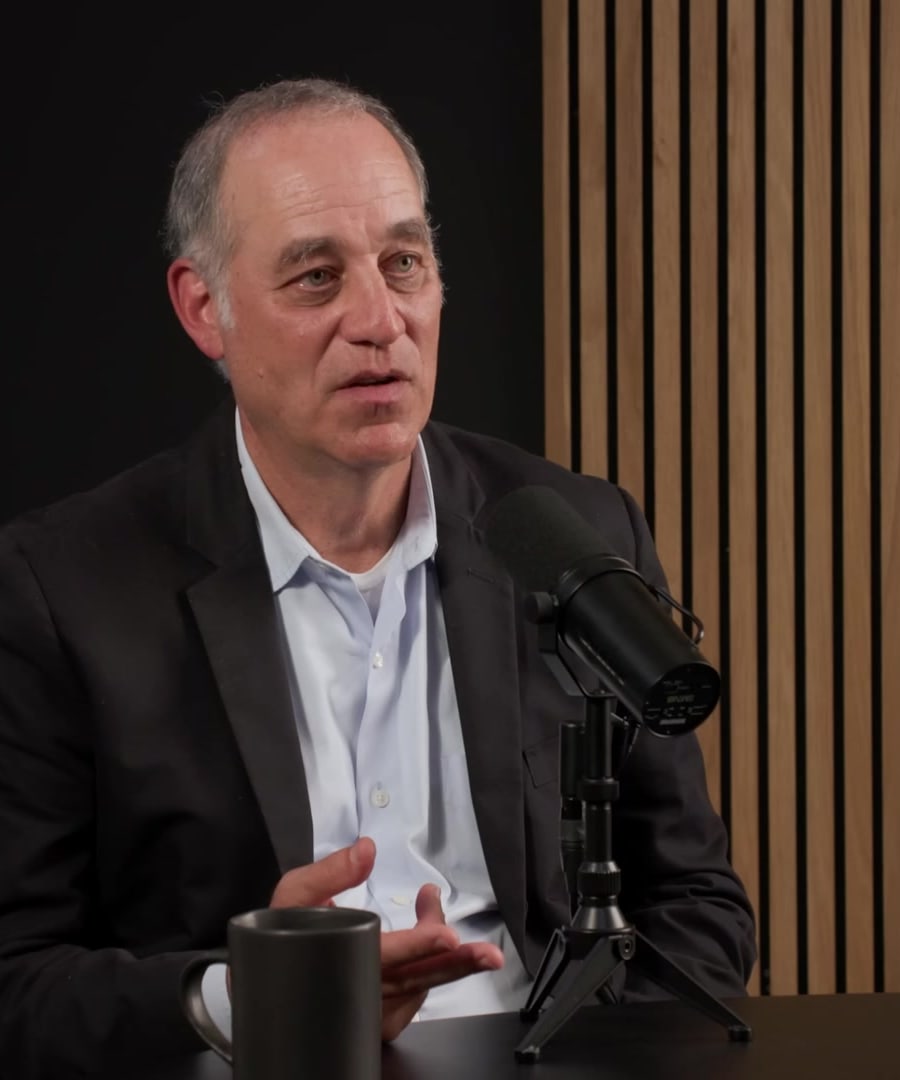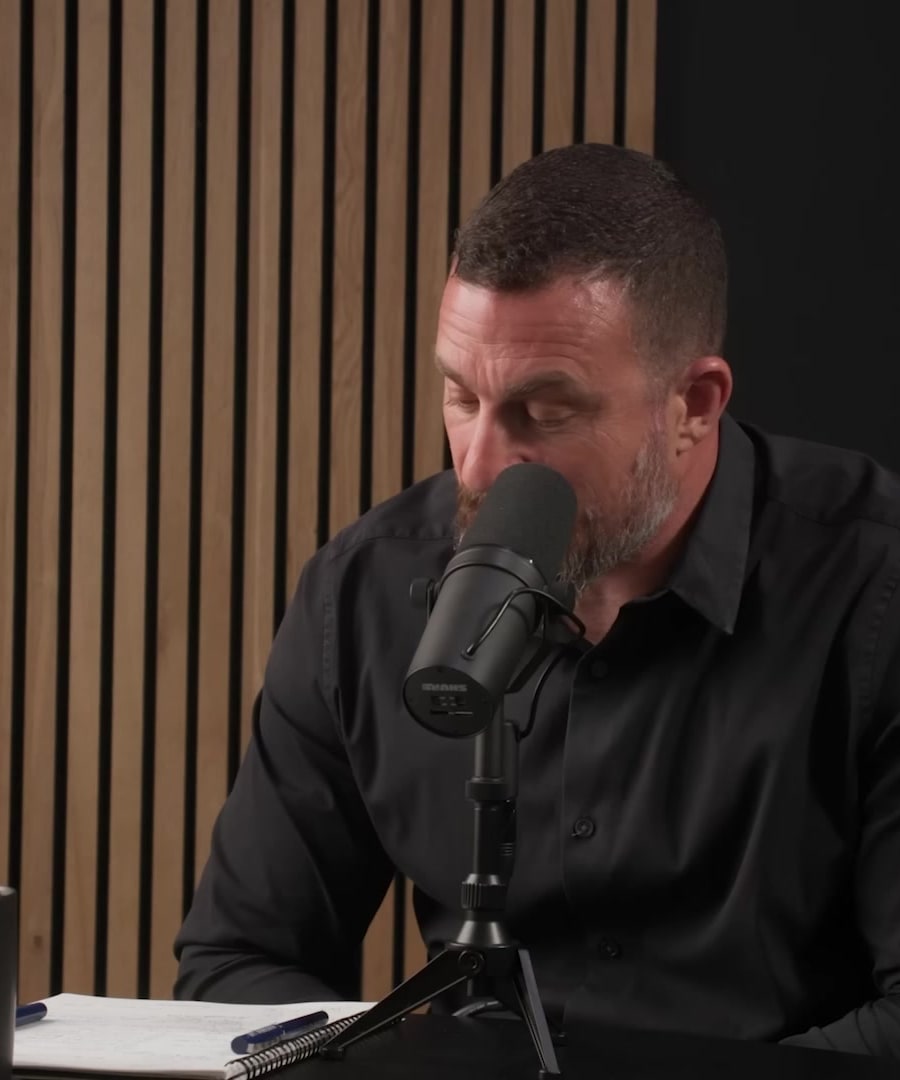What is the most important thing to beat câncer?
Sources:
Immunotherapy is considered one of the most promising avenues for treating cancer. It focuses on harnessing and enhancing the body's immune system to recognize and fight cancer cells more effectively. from the explains that the development of immunotherapy, particularly T-cell engineering, is crucial for improving cancer treatment outcomes 1.
Another key aspect is maintaining a robust immune system as we age. The weakening of the immune system is a significant factor in the increased prevalence of cancer among the elderly. Strategies to modulate the immune system through means such as rapamycin, which has shown potential in enhancing cellular immunity, might be instrumental in fighting against cancer 2.
These discussions point to the importance of a strong immune response against cancer and the value of advancing immunotherapy techniques.
RELATED QUESTIONSSauna has benefits for cancer?
Sources:
Sauna use has several health benefits that could indirectly support cancer therapy, particularly through enhancing overall wellness and potentially boosting the immune system. Here are some key points discussed by :
-
General Health and Longevity: Regular sauna use, particularly two to three times a week, has been associated with a lower risk of all-cause mortality, which includes mortality from diseases like cancer. The study that mentions points to a general enhancement in longevity and health 1.
-
Molecular and Cellular Benefits: The molecular mechanisms tied to sauna use might include the activation of pathways like FOXO3, which is involved in DNA repair. Saunas can help upregulate FOXO3 activity, which in turn promotes DNA repair processes. While not directly curing cancer, such mechanisms can support cellular health and resistance to various forms of cellular stress 2.
-
Comparative Benefit to Physical Exercise: notes that exposure to sauna can mimic cardiovascular strains similar to moderate aerobic exercise, which is beneficial for those who are physically unable to engage in such activities. This can be crucial in maintaining overall health and resilience, which is essential during cancer therapy 3.
While sauna use might support overall health and wellness, it is not a direct treatment for cancer. Always consult with healthcare providers for appropriate therapies and the safe use of saunas, especially during cancer treatment.
RELATED QUESTIONS-
Is it safe for cancer patients to use sauna?
Sources:
It is generally safe for cancer patients to use a sauna, but there are precautions and individual considerations. Here are some important points mentioned by :
-
Temperature and Duration: The advisable sauna temperature ranges from 176 degrees Fahrenheit to 212 degrees Fahrenheit (80 to 100 degrees Celsius), with sessions lasting between 10 to 20 minutes 1.
-
Frequency: Regular sauna use indicated benefits such as reduced all-cause mortality which may include conditions like cancer. The study suggests starting with two to three sessions per week, potentially working up to daily sessions if tolerated and beneficial 2.
-
Safety Considerations: The overall recommendation for sauna use emphasizes moderation and careful monitoring of one's condition. If the heat feels too intense or if any discomfort arises, it is crucial to leave the sauna. This is especially important for cancer patients who may be more susceptible to dehydration or heat sensitivity due to their condition or treatment 2.
-
Medical Advice: It is critical for cancer patients to consult their healthcare provider before incorporating sauna therapy into their routine, to tailor the approach based on their specific health status, treatment plan, and individual needs 2.
In conclusion, while sauna use can contribute to an improved general health profile and wellness, it should be approached with caution and under medical advice for cancer patients.
RELATED QUESTIONS-
Are there alternatives to sauna that cancer patients can consider?
Sources:
For cancer patients looking for alternatives to sauna therapy, various therapeutic approaches have been suggested:
-
Placebo Effects: While placebos are not a treatment per se, they can significantly reduce the discomfort associated with cancer treatments like chemotherapy or radiation therapy. Patients experiencing placebo effects often report reduced pain and nausea, contributing to an overall improved feeling of well-being 1.
-
Mindfulness and Dopamine Augmentation: Engaging in mindfulness practices or activities that increase dopamine levels can lead to better health outcomes. Practices such as having a positive outlook, which activates the dopamine pathway, can accelerate the transition from illness to health 2.
-
Hypnosis for Pain Management: Hypnosis has been shown to significantly reduce pain in cancer patients during medical procedures. It can be a useful skill for managing both acute and long-term pain, with training available through apps like Reverie 3.
These options offer various benefits without the physical demands or heat exposure of sauna therapy, and should always be considered in consultation with healthcare providers to ensure compatibility with the patient's medical condition and overall treatment plan.
RELATED QUESTIONS-
What are some mindfulness practices that cancer patients can do?
Sources:
Cancer patients can engage in several mindfulness practices to aid in their mental well-being and potentially impact their physical health:
-
General Mindfulness Meditation: This involves the practice of paying careful attention to whatever arises naturally, such as breath, sounds, sensations, emotions, and thoughts. This practice teaches non-judgmental observation, helping individuals maintain equilibrium amid various experiences 1.
-
Focused Breathing and Visualizations: Starting with focused breathing or visualizations can help establish a mindfulness practice. Focusing on one’s breath or a mental image can anchor attention, providing stability and calm 1.
-
Body Scan Meditation: This practice involves mentally scanning one’s body for areas of tension or discomfort and consciously releasing that tension. It's a method of becoming more in-tune with the body and managing physical stress or pain 2.
-
Yoga Nidra for Deep Relaxation: Described as non-sleep deep rest, Yoga Nidra involves lying down to follow a guided meditation that includes a body scan and deep breathing exercises. This practice significantly enhances relaxation and mental clarity 2.
These mindfulness techniques not only provide mental and emotional relief but could also influence physiological processes beneficial for cancer management. Always integrate these practices under medical guidance to ensure they complement the overall treatment plan.
RELATED QUESTIONS-
Give me good hábits for cancer patients?
Sources:
Cancer patients can benefit from adopting a range of habits that support physical health, mental well-being, and effective treatment responses. Here are some good habits based on advice from the Huberman Lab:
-
Maintain Social Support: Strengthening social bonds and maintaining support networks can positively influence cancer treatment outcomes. Support from family and friends helps in reducing stress and feelings of isolation 1.
-
Engage in Mindfulness Practices: Mindfulness meditation, body scans, and focused breathing can help manage stress and pain. These practices are not just beneficial for mental health; they can lower inflammation and improve physiological responses to cancer treatment 1.
-
Adopt a Healthy Diet: Focusing on a nutritious diet can help support the body's needs during treatment. While specific dietary recommendations should align with medical advice, generally, a diet rich in vegetables, fruits, and lean proteins is beneficial.
-
Monitor Sleep: Ensuring quality sleep is crucial as it helps regulate stress hormones and supports the body’s healing processes. Consider developing a regular sleep schedule and creating a restful sleeping environment.
-
Regular Physical Activity: As much as physical condition allows, engaging in physical activity can improve strength and energy levels, reduce cancer-related fatigue, and support mental health.
-
Avoid Alcohol: Alcohol consumption can impact cancer risk and exacerbation. Studies indicate that there is no healthy dose of ethanol, positioning abstention or minimal consumption as preferable 2.
Adopting these habits can aid in managing the disease and improving quality of life during treatment. It’s important for patients to consult their healthcare providers before making changes to their routines, to ensure that all health decisions are safe and appropriate for their specific medical context.
RELATED QUESTIONS-
What kind of physical activities are recommended for cancer patients?
Sources:
For cancer patients, engaging in physical activities can be incredibly beneficial, but it's essential to tailor these activities based on individual capabilities and the stage of treatment. Here are some recommended types of physical activities based on advice from :
-
Low-Impact Aerobics: Activities like walking or light jogging can help maintain cardiovascular health and manage fatigue. Even small amounts of regular movement can significantly benefit energy levels and overall well-being.
-
Resistance Training: Depending on the patient’s health and the type of cancer, light resistance training using bands or light weights can help maintain muscle mass, improve strength, and support bone health.
-
Yoga and Stretching: These activities are excellent for maintaining flexibility, reducing stress, and managing treatment side effects like pain and stiffness.
-
Water Aerobics: For those who may find regular exercises too taxing, water aerobics can be an excellent alternative. The buoyancy of water reduces strain on joints while providing resistance to help maintain muscle strength.
-
Tai Chi: This gentle form of martial arts focuses on slow, controlled movements and breathing. It can help improve balance, flexibility, and strength, while also reducing stress.
Before starting any new physical activity, it's crucial for cancer patients to consult with their healthcare providers to ensure that the exercises chosen are safe and appropriate for their specific health conditions.
RELATED QUESTIONS-
How does physical activity affect cancer recovery?
There is currently no specific discussion in the data about the direct impact of physical activity on cancer recovery. However, it is generally supported in the medical community that physical activity can play a significant role in improving the overall quality of life and health outcomes for cancer patients. Engaging in regular, appropriate exercise can help manage symptoms and side effects of treatment, enhance physical function, and possibly improve long-term survival. Always consult with healthcare professionals to tailor exercise programs to individual needs during cancer recovery.
RELATED QUESTIONSWhat are the exercise guidelines for cancer patients?
The has not provided specific exercise guidelines for cancer patients. In general, exercise guidelines for cancer patients are often tailored based on individual health status, type of cancer, and treatment phase. It is recommended that cancer patients consult with their healthcare provider and possibly a physical therapist to create an appropriate exercise plan tailored to their specific needs and capacities. This ensures safety and effectiveness in supporting recovery and improving overall quality of life.
RELATED QUESTIONS
What is the most important thing to beat câncer?
- RELATED QUESTIONS
Sauna has benefits for cancer?
- RELATED QUESTIONS
Is it safe for cancer patients to use sauna?
- RELATED QUESTIONS
Are there alternatives to sauna that cancer patients can consider?
- RELATED QUESTIONS
What are some mindfulness practices that cancer patients can do?
- RELATED QUESTIONS
Give me good hábits for cancer patients?
- RELATED QUESTIONS
What kind of physical activities are recommended for cancer patients?
- RELATED QUESTIONS
How does physical activity affect cancer recovery?
- RELATED QUESTIONS
What are the exercise guidelines for cancer patients?
- RELATED QUESTIONS











